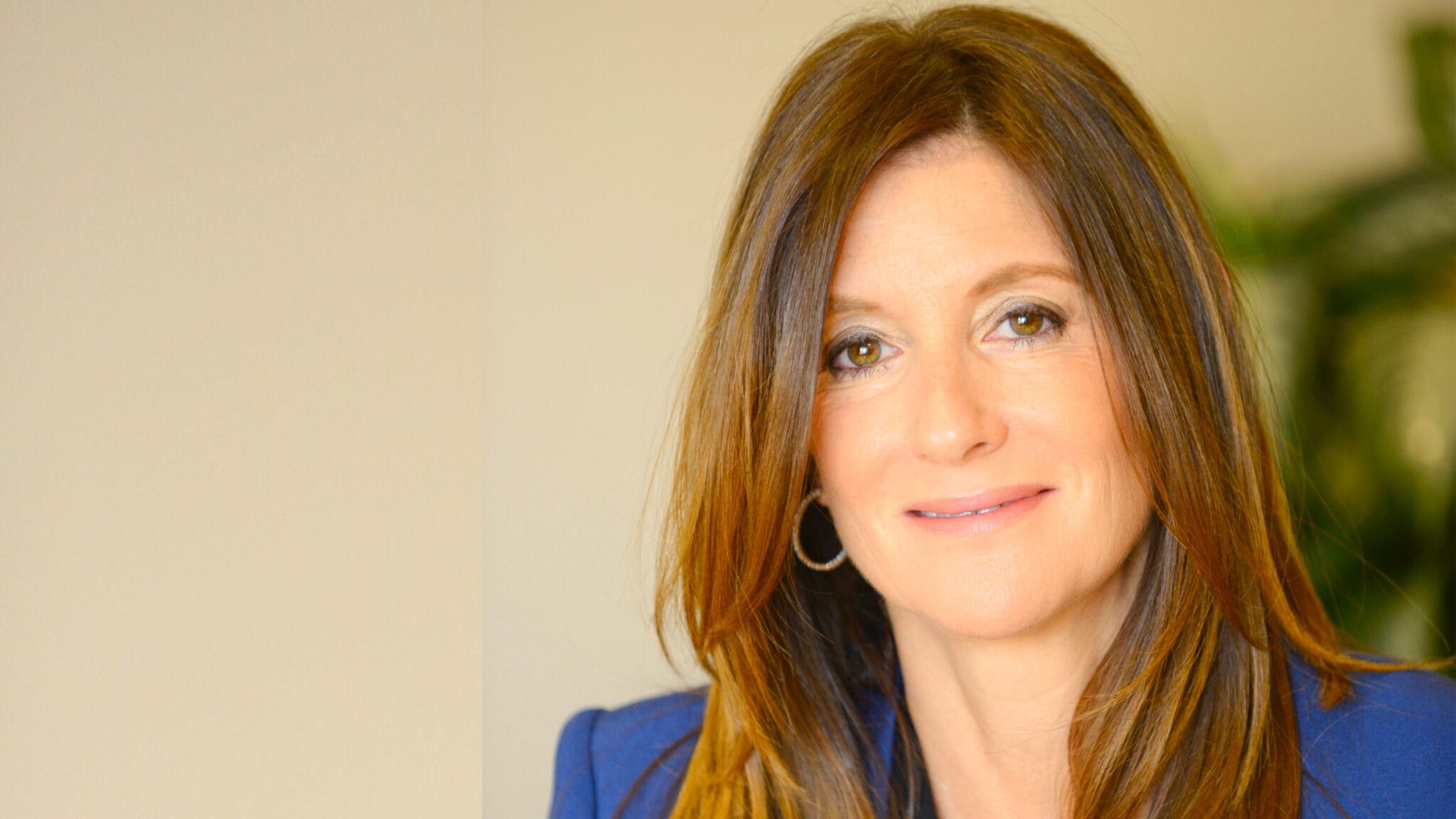
Capricor hits primary endpoint in Duchenne extension study, readying its FDA pitch
It has been a very bumpy ride for Capricor Therapeutics over the past several years, including a halted J&J partnership and venture into penny stock status. However, the latest news from the San Diego-based biotech shows that its experimental Duchenne drug may be a durable, long-term treatment.
The company posted the one-year results from its open-label extension study for their candidate dubbed CAP-1002. The extension from its Phase II study, named HOPE-2, was conducted in boys and young men with later-stage Duchenne muscular dystrophy who paused and then resumed treatment after a year. Researchers measured patients in the one-year follow-up against the original study’s treatment arm effect and in two subsets of the original placebo group.
Unlock this article instantly by becoming a free subscriber.
You’ll get access to free articles each month, plus you can customize what newsletters get delivered to your inbox each week, including breaking news.